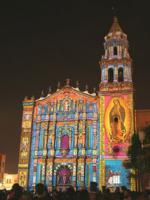
With the left by and large failing to provide political leadership in the critical political situation that has developed in Mexico following the kidnapping of 43 students in Iguala, Guerrero and the “white house” scandal surrounding President Enrique Peña Nieto, Catholic priests have been attempting to fill the void. Several Catholic priests—Padre Gregorio (Goyo) López, Padre Alejandro Solalinde Guerra, and Archbishop Raúl Vera most prominent among them—have in different ways been playing the role of spokespersons for the oppressed. These priests have been speaking out against government corruption and the politicians’ links to the drug cartels, defending local armed self-defense organizations, demanding an investigation into the role of the Mexican Army, and even calling for a constituent assembly to refound the country on a new and more democratic basis.
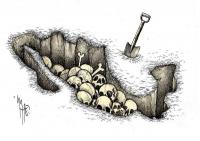
 Julio Scherer, who worked as a journalist for 70 years, will be most remembered for founding
Julio Scherer, who worked as a journalist for 70 years, will be most remembered for founding 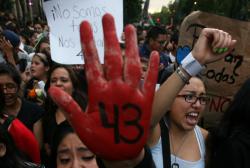
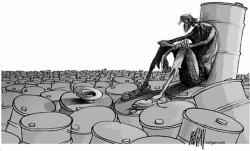
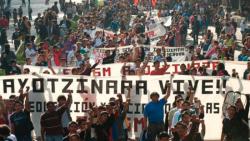
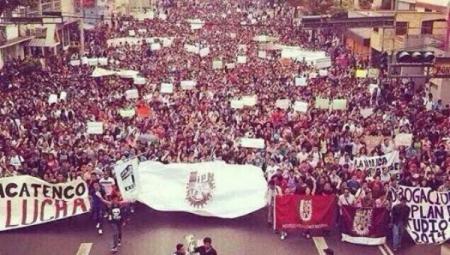
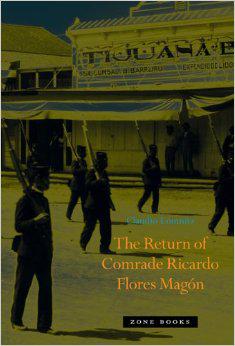 Claudio Lomnitz. The Return of Comrade Ricardo Flores Magón. New York: Zone Books, 2014. 594 pages. Notes. Index of Names. Photos. Hardback. $35.95.
Claudio Lomnitz. The Return of Comrade Ricardo Flores Magón. New York: Zone Books, 2014. 594 pages. Notes. Index of Names. Photos. Hardback. $35.95. We hoped that our book,
We hoped that our book, 